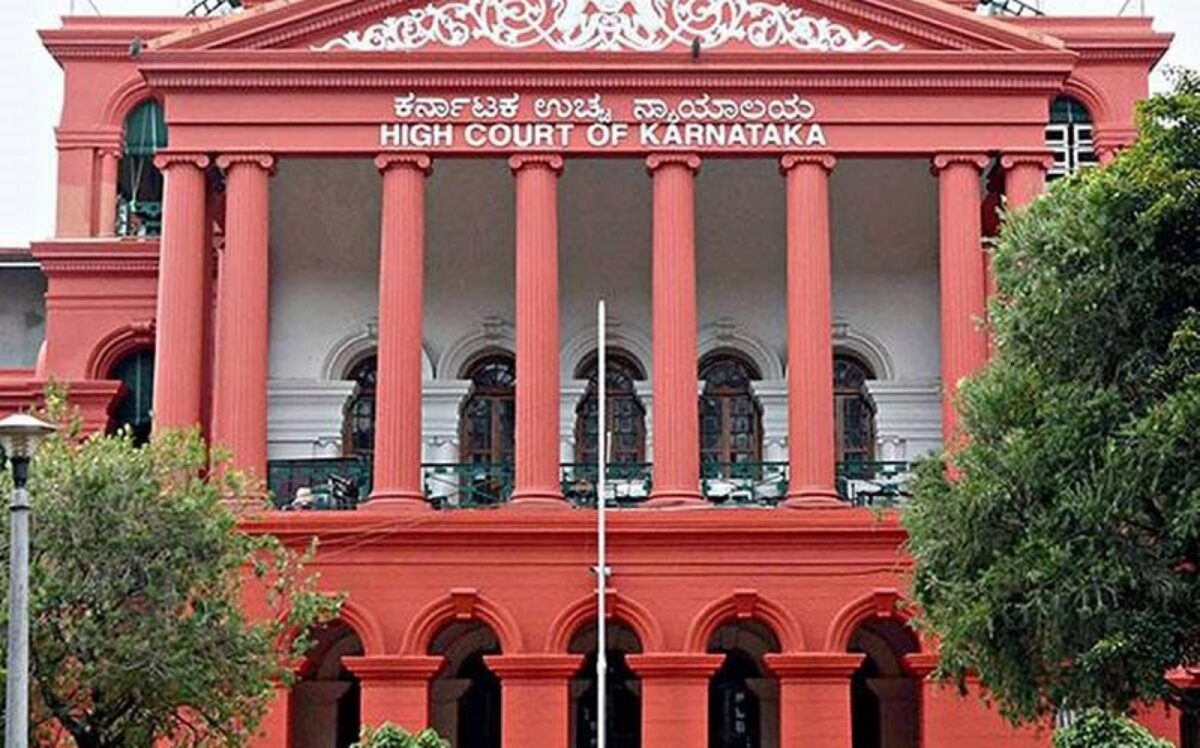The Karnataka High Court on Tuesday, 15th March, dismissed all the student petitioners’ pleas against the ban on hijabs by educational institutions in Karnataka. Chief Justice Ritu Raj Awasthi, Justice Krishna S. Dixit, and Justice JM Khazi made up the three-judge panel.
According to the bench, the hijab is not an obligatory Islamic practice, and the Karnataka government has the authority to impose a uniform. The bench further said that the prescription is a reasonable restriction on fundamental rights.
The petitioners’ side had submitted that the hijab is an essential practice and the order to ban it was a violation of their fundamental right to practice religion and denied them the right to education. Furthermore, the petitioners argued that if other educational institutions, such as Kendriya Vidyalayas, had permitted students to wear hijab, then the College Development Committee (CDC) and School Development and Management Committee (SDMC) had no legal authority to prohibit it.
The petitioners made another argument by stating that Article 25 protects those who believe in religion and those who do not. Moreover, they stated that freedom of conscience is different from freedom of religion.
While countering the petitioners’ side, Advocate General Prabhulinga Navadgi had stated that wearing the hijab is not an essential practice under Islam. He further stated that when it comes to public order, health, and morality, the government has the authority to make decisions. He had even stated the state government had no role in taking the decisions on hijab but was left to the CDCs and SDMCs.
The AG stated in the court that wearing a hijab does not come under the freedom of conscience and that it is different from the right to religion. He further argued that fundamental rights are individual and they are subject to restrictions. The AG also stated that for a practice to be considered essential, it must be mandatory; thus, the petitioners must prove that hijab is an essential religious practice.
After listening to both sides of the arguments, the Karnataka High Court gave a verdict that the hijab is not an essential practice and the government had the authority to prescribe a uniform.
References: The News Minute.
Featured image source: News Next





















































































